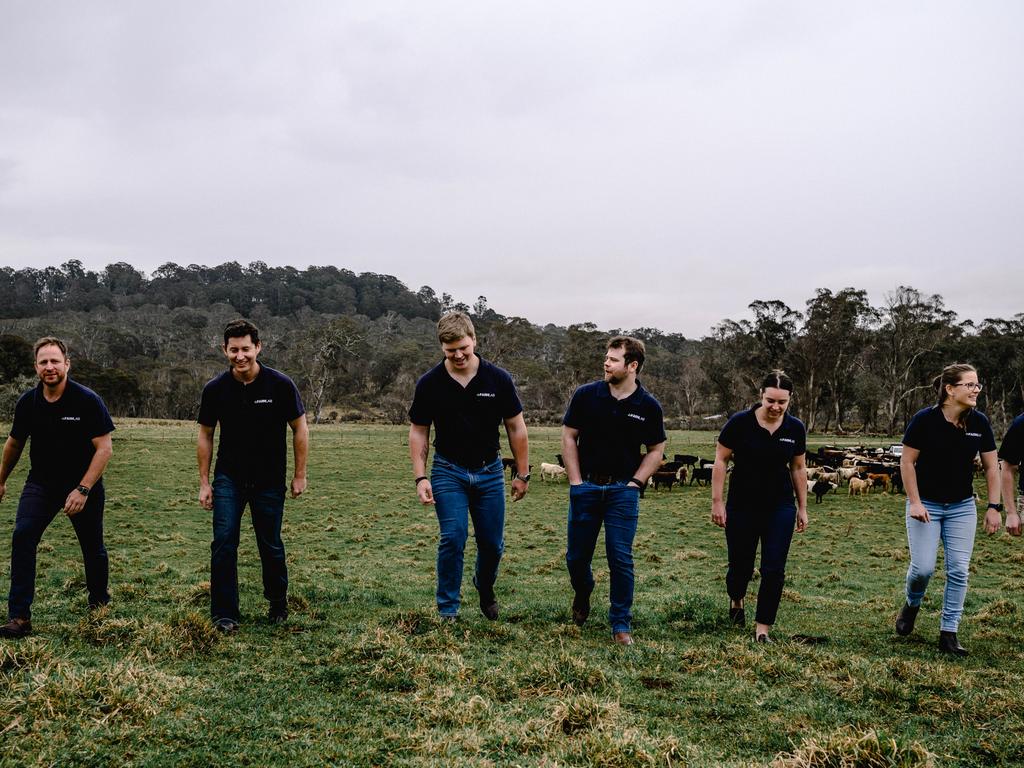Government calls for advice on whether AI product or service falls under consumer law
Tech giant Atlassian has called for a central ‘clearinghouse’ instead of a new regulator to deal with artificial intelligence issues related to consumer law.

Atlassian has called for a central “clearinghouse” instead of a new regulator to deal with artificial intelligence issues related to consumer law.
The Australian tech behemoth said a clearinghouse – a central body which served as a one-stop shop for information on AI best practice – could help guide AI regulation and avoid regulators stepping on each other’s toes.
The clearinghouse would also help foster collaboration across the regulatory environment and develop, review and update legislative instruments under the framework act, the company says in a submission to the government.
Treasury has invited industry and experts to share their thoughts as to whether current consumer law can protect people and businesses when purchasing AI-related services and goods.
The government released a discussion paper on Tuesday. It said it believed AI was well placed to deliver benefits to both consumers and businesses through the use of chatbots and virtual assistants.
But it said AI could “amplify” or create “new risks” for consumers without proper protections in place.
Treasury has called for analysis and recommendations on current Australian consumer law and how it relates to “AI-enabled goods and services”.
Under Australian consumer law, goods and services are required to meet a certain standard.
But for now it is not clear how AI-enabled goods and services should be dealt with under current law and what type of remedies are available.
Under consumer law, software is considered a good that needs to meet a certain standard, or the provider must provide compensation.

However, when it comes to products that might be integrated with AI, there is cause for confusion as to whether the hardware or software is covered under consumer law.
The discussion paper states that tech products can often be categorised as a mixed supply.
Current consumer law states that where there is a mixed supply of goods and services, a customer cannot claim for both.
While the paper states that uncertainty on definitions isn’t unique to artificial intelligence, the increasing availability of goods that are purchased on the basis of their AI features or functionality is causing some confusion.
Atlassian made four suggestions in its submission, including the establishment of an AI advisory body that can ensure the framework is updated as the technology evolves.
The tech company said a body of external advisers from industry, academia and society generally should be able to assist as the technology evolved and provide a wide range of views.
Atlassian also called for framework legislation that had a “clear and defined purpose” which would set out legal definitions for regulating artificial intelligence, baseline obligations and establish a regulatory co-ordination mechanism.
The company also recommended that framework legislation could be used to guide sector specific regulators into appropriately applying consumer law to AI products and services in their industries.
Submissions are open until November 12.






To join the conversation, please log in. Don't have an account? Register
Join the conversation, you are commenting as Logout